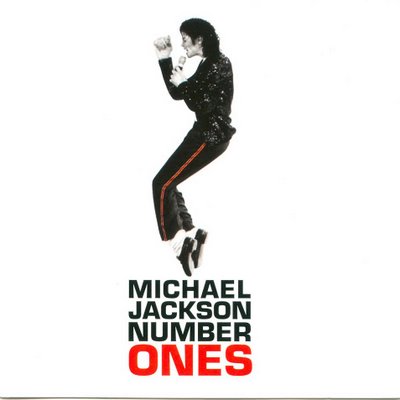
I’m really late to the saying-goodbye-to-Michael-Jackson party. My little wave is barely noticeable in the tidal wave of tributes, for as so often happens, he is more popular in death than in life, his musical legacy blasting out of cars and iPods and clubs with a vengeance. MJ’s untimely departure from this world caused me to dust off this long-percolating draft post about hyperbole and hype, since I can think of no more timely example of the impact that breakthroughs, both real and exaggerated, have on individuals, society, and history. The “King of Pop” broke some real barriers and pioneered forms, which is the kernel of what was important about him, the thing that made him noteworthy. However, his “people”, the media, the adoring fans, and the man himself wrapped this substantial gift in grand statements and gestures aimed at canonising him before his end: from his nickname, to an album entitled “Number Ones” (am I the only one who thinks the Billboard chart is meaningless?), to patents on dance moves, to naming what would have been his last concert tour “This Is It”.
This need for a sense of excitement through claims of novelty ultimately leaves one less than satisfied. As Robert Sharp notes, speaking of a news story on a barely remarkable precedent set by one of Nicolas Sarkozy’s divorces: “These “firsts” and “record breakers” are irritating because they are a distraction. They are a lazy hook for journalists to begin the story, eating up word count that could be used to analyse the event itself. Of course there is no precise precedent for Sarkozy’s domestic re-alignment – But is that fact likely to have an impact on how the French will manage the situation? Indeed, does the event have any political significance at all?”
Falling prey to (or perhaps playing to) the temptation to engage in grandiose and hyperbolic statements, Salon.com posted an article questioning what the best TV show of all time was: The Sopranos or The Wire? As you might suspect, the debate between the two Salon.com critics makes for less exciting reading than the bombastic title implies. It takes a reader’s letter to bring things back to earth: “But I am once again put off by a critical community that has utterly lost hold of its moorings and has drifted into a place where something can’t be praised without being praised to a level of utter absurdity. It’s the era of hyperbole, where things can’t just be good, they have to be the best ever, the most, the funniest, the smartest. There’s not real ability to do the most important job of the critic, which is to draw distinctions and illuminate difference, because when everything is ballyhooed beyond all rationality, theres no meaning to any praise. What possible weight can a critic lauding something have, anymore?”
Indeed. So farewell MJ, our “King of Pop”. As is always the case, in measures of time so slow as to be glacial, maybe we can forget the pomp and circumstance and just enjoy or forget the music on its own merits.